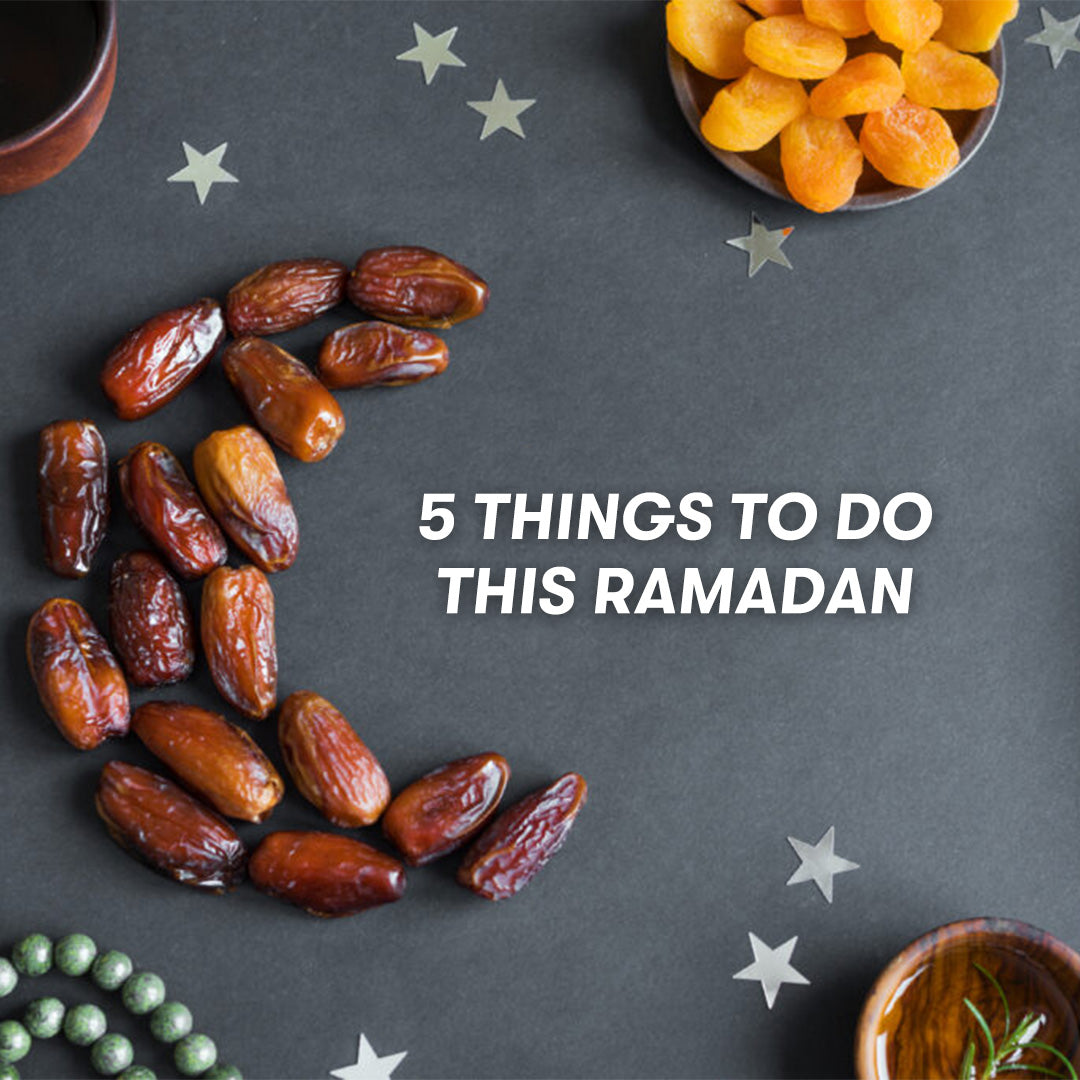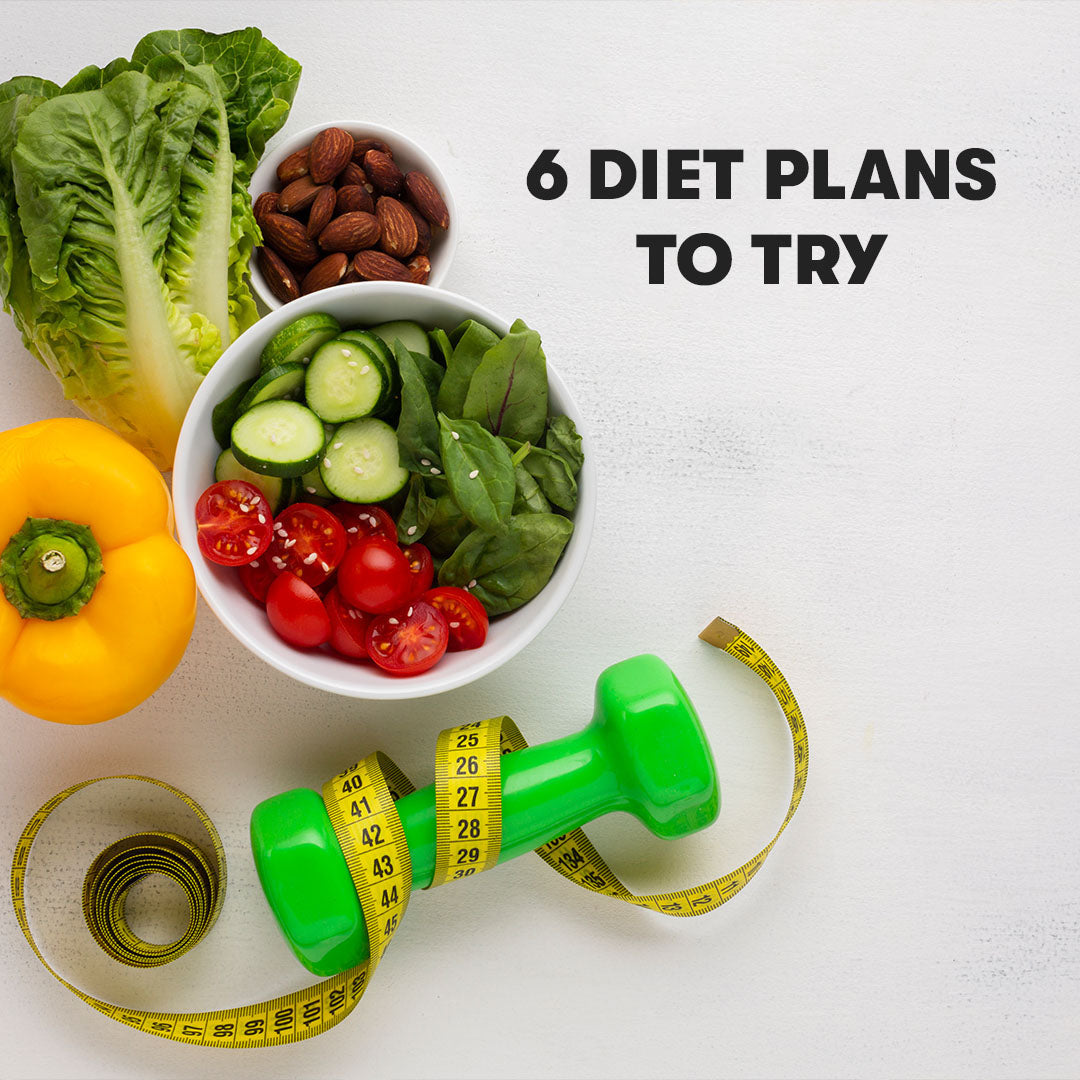
The holiest month of the Islamic year is finally upon us. Ramadan is the month of increasing spirituality, modesty, and faith. Muslims fast in Ramadan to let go of all their worldly distractions and obligations. In addition to improving people’s faith, Ramadan also brings people together through food, prayers and simply spreading good deeds everywhere. Undoubtedly, Ramadan comes with many blessings, yet people tend to overdo it. Overeating, oversleeping and becoming couch potatoes are some of the bad habits people gain over Ramadan. The way we act in Ramadan can be very detrimental to our health as fasting the right way has many benefits to both our physical and mental health.
Fasting in for 30 days literally resets your body. The amount of health benefits Ramadan fasting has is unimaginable. It improves overall heart health, reduces risk of many cardiovascular (heart) diseases, decreases cancer risk, lowers cholesterol and improves blood pressure. Fasting also reduces body fat, increases muscle mass and improves the digestive system. The elevation in your body’s health elevates your brain’s functions in return. By now you must be thinking “if fasting is so beneficial, why does it not feel good doing it?” That’s because most people fast the wrong way in Ramadan. Here are some essential things you need to do to get the best out of this Ramadan:

- Prep your stomach before delving into your feast:
Fasting for over 12 hours sure makes us hungry and agitated but that doesn’t mean our stomach will be ready to suddenly digest the hearty meal we have prepared for Iftar. It is recommended to break your fast with some water, dates and a little bit of the appetizers available, preferably soup. It is also recommended to pray before eating. This will help you pace your stomach and avoid indigestion.

- Minimize your caffeine intake:
We all feel fatigued in Ramadan due to the absence of the usual morning coffee, a pre-workout energy drink and cup of mint-tea to seal the day. We can’t keep this up in Ramadan, obviously. Studies have shown that caffeinated beverages actually dehydrate your body. So drinking them excessively in Ramadan is highly unadvisable. You also need to avoid drinking tea right after finishing eating as they absorb the iron, calcium and other minerals from your food intake.

- Don’t oversleep:
Sleeping all day in Ramadan is not recommended for many reasons. You will ruin your normal sleeping schedule, which will ruin your bodily functions. It also makes you lazier during the peak hours of your body. More importantly, you will miss out the trials of Ramadan that test our minds and bodies to appreciate all the things we tend to take for granted.

- Don’t skip Suhour:
This might seem like a given, but the way people normally treat Suhour is not suitable to provide them with the right amount of nutrients and energy needed to fast comfortably. Some say that eating before dawn makes them hungrier the next day so just skip eating altogether. Yet that is due to not eating the right things to delay their hunger. You will need to include food containing complex carbs like potatoes, whole-wheat bread and oats, fibers like fruits and vegetables, protein like all types of meat and low-fat dairy products and of course, drink lots of water. All these foods take more time to digest, thus giving you an easy day of fasting.

- Be Active:














Leave a comment
This site is protected by hCaptcha and the hCaptcha Privacy Policy and Terms of Service apply.